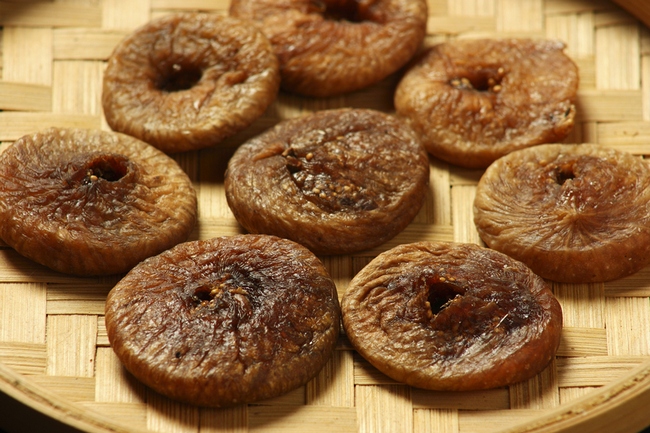- Make It Yourself Lavender Heart-Shaped Bath Bombs!
- 20 Things You Never Knew About “Down There”
- 12 Best Foods For Those Suffering From Arthritis Pain
- 12 Personal Hygiene Mistakes Almost Everyone Makes (Mom Never Told You About #4!)
- 15 Medicinal Plants And Herbs From The Cherokee People
- 12 Mind-Blowing Benefits Of Drinking Coconut Water During Pregnancy
- 12 Outstanding Winter Foods That Won’t Fatten You Up Like A Christmas Turkey
10 Super Effective Ways to Bust Belly Fat

Photo credit: bigstock.com
8. Eat Plenty of Fiber
Although you have probably heard that a diet high in fiber can help you to lose weight and keep it off, keep in mind that not all fiber is created equal! What you are looking for is to consume more viscous fibers. These are plant fibers that bind with water and make a type of gel that sits in your stomach and intestines, slowing things down. This keeps you feeling full for a longer period of time, reducing your appetite.
One study found that adding 14 grams of fiber each day resulted in a 10 percent decrease in calorie consumption and about a 5 pound loss over a 4 month period. Although this doesn’t sound like much, imagine losing 15 pounds a year, most of it belly fat, without even trying? Doing nothing more than just eating more fiber? It doesn’t get much easier than that. You can get this type of fiber simply by eating more fruits and vegetables, oats, and legumes.
9. Drink More Water
This is another thing you hear every day, but that doesn’t make it any less true. Many people enjoy fruit juices, smoothies, and green juices, all of which can be healthy for you, but if you aren’t careful, you can end up consuming tons of extra calories, as well as sugar, without ever being aware of it. You are much better off consuming your vegetables and fruits so that you get the fiber, and drink water instead.
SEE ALSO: 8 Habits that Cause Belly Fat
10. Keep Track
If you think you have been doing most of the tips above but you still haven’t lost that spare tire, you might want to start keeping a food diary. Chances are, you will find that you are either eating more than you thought or you are consuming calories without being aware of it (such as through sugary fruit juices, energy drinks, or sports drinks). Don’t worry, there is no need to weigh and measure everything you put in your mouth for the rest of your days; a one week period should do it. Don’t change what you would normally eat, just be sure that you weigh it or measure it and write it all down. Later, you can review your calorie and carb intake. This will help you see where you can make changes.
References:
































